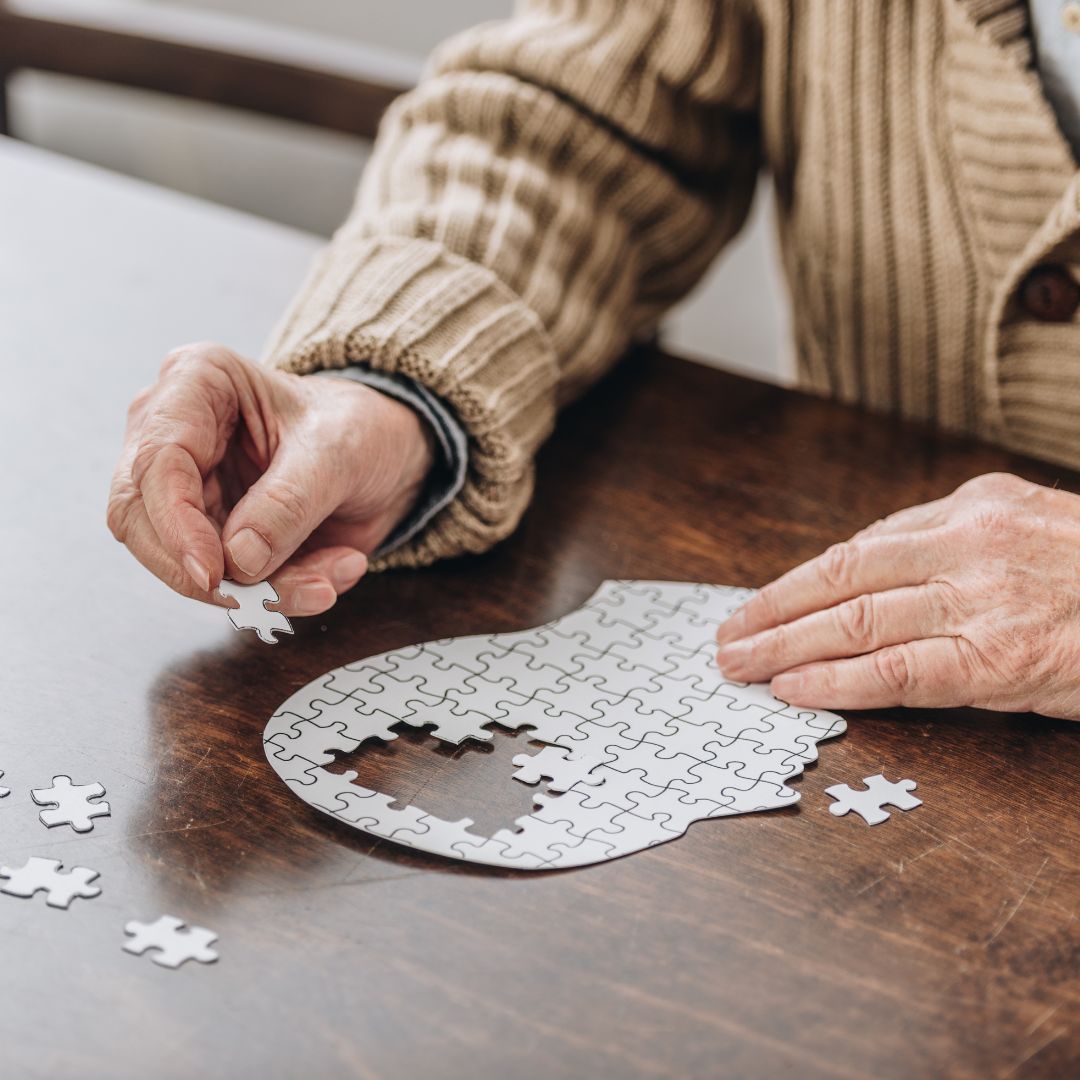Aphasia: Speech, Occupational and Music Therapy
Rebuilding Communication: How Speech, Music & Occupational Therapy Help Individuals with Aphasia
This month is Aphasia Awareness Month – time to shine a light on a condition that affects over 140,000 Australians yet remains widely misunderstood. At QPAH, we’re proud to support adults living with aphasia through a multidisciplinary approach that includes speech therapy, music therapy and occupational therapy.
What is Aphasia?
Aphasia is a communication disorder caused by damage to the brain’s language centres, which is most commonly due to stroke, traumatic brain injury or other neurological conditions. It can affect a person’s ability to:
- Speak clearly
- Understand spoken language
- Read and write.
While aphasia affects communication, it does not affect intelligence. Acs a matter of fact, with the right support, people with aphasia can continue to live meaningful, connected lives.
How Speech Therapy Helps Aphasia
Speech therapy is the cornerstone of aphasia rehabilitation; indeed, Speech Pathologists can help to:
- Restore language skills through targeted exercises
- Teach alternative communication strategies (e.g. gestures, writing and AAC)
- Focus on realistic communication goals
- Provide therapy in-clinic, at home or in the community
- Involve families and carers in the recovery process.
How Music Therapy Supports Communication
Music therapy can play a vital role in supporting people with aphasia by engaging the brain’s preserved musical and rhythmic abilities to facilitate communication. Neurologic Music Therapy (NMT), an evidence-based approach grounded in neuroscience, offers specific techniques such as Melodic Intonation Therapy (MIT) and Musical Speech Stimulation (MUSTIM), which are particularly effective. MIT uses the musical elements of speech – melody, rhythm, and intonation – to help individuals with non-fluent aphasia access language by activating right hemisphere brain regions. On the other hand, MUSTIM draws on familiar songs and phrases to stimulate automatic and functional speech. Through these structured interventions, music therapy can improve speech production, enhance motivation and provide emotional support, which can foster both communication and quality of life for people living with aphasia. Additionally, at QPAH, our Registered Music Therapists use techniques such as:
- Melody and rhythm to help clients speak
- Singing familiar songs to stimulate language areas of the brain
- Instrument play and vocal exercises to support motor planning and expression
- Songwriting and improvisation to build confidence and emotional expression.
How Occupational Therapy Helps Rebuild Daily Life
Aphasia doesn’t just affect speech. In fact, it can impact every part of daily life. Our Occupational Therapists help clients:
- Relearn everyday tasks (e.g. using a phone, writing or managing appointments)
- Use visual aids, memory tools and adaptive strategies to support independence
- Modify the home or work environment to reduce communication barriers
- Rebuild confidence in social and community participation.
OTs work hand-in-hand with Speech and Music Therapists to ensure a holistic, person-centred approach to recovery.
Why Early Holistic Support Matters
The earlier therapy begins, the better the outcome. However, it’s never too late to make progress. At QPAH, we believe in meeting clients where they are, and supporting them with compassion, creativity and clinical expertise.
With clinics in Southport and Varsity Lakes, QPAH offers both in-clinic and mobile services across the Gold Coast.
Want to learn more or refer a loved one? If you or someone you care for is struggling with the effects of aphasia, please contact us today to speak with our team or book an assessment: email info@qpah.com.au or phone 07 5647 6120.
#AphasiaAwarenessMonth #QPAHSpeechTherapy #MusicTherapyForAphasia #OccupationalTherapy #StrokeRecovery #AphasiaSupport #CommunicationMatters #NeuroRehab #GoldCoastHealth

